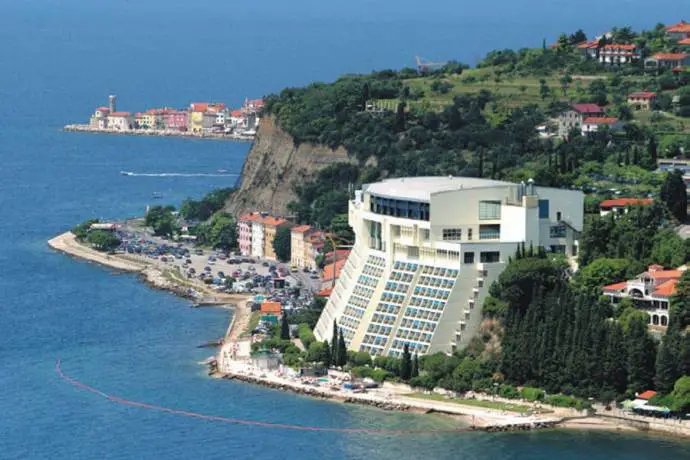There have been rumours that a special fund would be set up or the restructuring of tourism firms, which are starved for cash and need millions in fresh investments. An alternative would be to pool these assets together into a tourism holding.
SSH says that these were just some of the possibilities. A financial analysis is ongoing - it is due to be completed in August - and these ideas will be examined once the analysis is completed, SSH told the STA.
The analysis includes the tourism firms Sava Turizem, which owns multiple hotels in Gorenjska and spas across Slovenia, Istrabenz Turizem, which has six hotels on the coast, hotel and casino operator Hit, spa operators Thermana and Terme Olimia, Unitur, which owns the Rogla ski resort and adjacent spa, and Hoteli Bernardin.
This analysis has been commissioned by SSH, but BAMC, the bad bank, has asset management objectives that are not necessarily in line with SSH's. For example, it recently became the main creditor of Istrabenz and is reportedly considering offloading six coastal hotels owned by the tourism subsidiary Istrabenz Turizem.
Media reports suggest there are several prospective bidders, including the Serbian businessman Miodrag Kostić, who owns the luxury Palace Hotel on the coast and is looking to expand his Slovenian tourism portfolio.
Sava Turizem, meanwhile, is expected to soon become the majority owner of Hotei Bernardin, which owns multiple hotels on the coast, even as it surprisingly decided to sell two spas in eastern Slovenia, Terme Lendava and Terme Banovci.
The move earned it criticism, not just because it appears to run contrary to the strategy but because Terme Lendava has been sold to a state-owned Hungarian firm.
Zdravko Počivalšek, the outgoing economy minister, believes such comments and disingenuous.
He says the national tourism strategy is being implemented in that it dictates that tourism assets are pooled by SSH, consolidated, and then gradually sold off.
"Both institutions are working towards fully implementing the strategy," he recently told TV Slovenija, noting that it did not matter who will ultimately own the assets, what mattered was to "make the best moves towards realising this strategy."
As for provenance of ownership, Počivalšek said it did not matter "whether an Italian irredentist, Serbian tycoon or Hungarian state holding with six employees" were interested in the assets.
But as the strategy unravels, the sector remains starved for cash, which may start to affect the quality of service.
Maja Uran Maravić of the Portorož Faculty of Tourism says that the national strategy only speaks about financial analysis of these companies.
"So we'll spend another three years thinking and analysing what to do with these companies... It is already too late to renovate the majority of these hotels and initiate a serious promotion of these micro destinations. The strategy addresses this issue, but with haphazard and poor solutions," she told the STA.
Uran Maravić said anything was better than the current status quo. "I don't distinguish between domestic and foreign owners, I distinguish between those that are good and those that are bad."
But she thinks ownership still matters. Foreign owners "may leave hotels to ruin or strip assets. The damage they cause is immeasurable, they can destroy a destination for decades."







